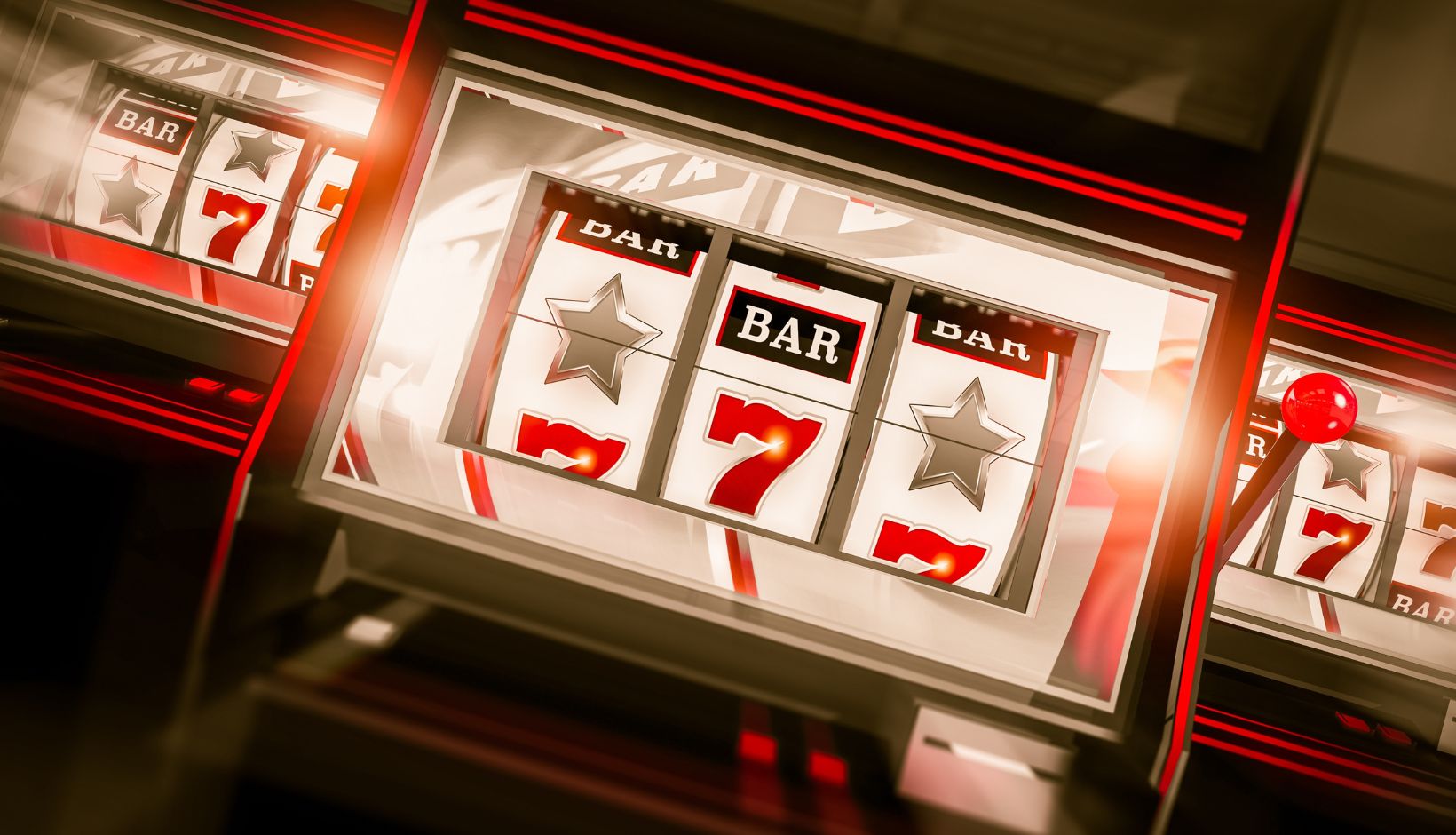Blockchain as a technology has a myriad of use cases, which has seen it be applied in all sorts of industries. Believe it or not, blockchain has been used in tourism, the medical field, and even politics. But one of the most prolific use cases so far has undoubtedly been gaming.
While blockchain has been fairly controversial in some gaming communities, there is no doubt that it has made a big impact so far. As gaming looks towards the future, blockchain will have a major hand in shaping it in some of the following ways:
Table of Contents
ToggleGambling
Gambling has been around for centuries but blockchain has put a whole new spin on it through cryptocurrency. The number of casinos that accept cryptocurrency (whether alongside fiat or on its own) has only grown in the last few years. It is now common, as crypto gambling analyst Kane Pepi points out, for consumers to look up where to play using ethereum as much as they would with USD or EUR. This can be boiled down to the many benefits that crypto gambling offers players.
First, cryptocurrencies see price swings, meaning players can profit off their wager even if they don’t ‘win’ in the traditional sense. Crypto transitions are also very fast and can be completed for low fees, which saves both time and money. Crypto gambling transactions also allow for greater privacy and control for players. If the current stats are anything to go by, crypto gambling will only grow over the years.
In-Game Asset Ownership
The idea of having in-game assets like skins, weapons, and much more has been a part of gaming for decades. However, the actual ownership that players enjoyed was rather limited. There wasn’t a concrete way to track who owned which asset and a mishap within the game could see players losing access to the items they spent months acquiring.
Blockchain has tackled this issue by tying in-game assets to specific networks.

Platforms like Decentraland offer in-game assets minted on blockchains and stored in asset wallets. This means that any asset’s ownership history can be traced easily, saving players from inadvertently buying fakes. On top of this, the assets are more secure because they are used within the game and backed up in a wallet.
Players have seen the benefits of these blockchain-based assets and, thus, will expect more of these from gaming projects in the future.
Cross-Project Assets
As we’ve said, in-game assets are a common feature of most games. However, they are fairly limited to the game they originated in. If an asset is tied to one combat game, for example, it probably cannot be used on a different one. At least that used to be the case until blockchain was more commonly used in gaming. Now, it is more common for assets to enjoy cross-project transferability.
If two different gaming projects are based on the same blockchain, the assets they create can be compatible with each other. This, in turn, means much more opportunity for collaboration across different gaming titles. Gaming projects with the same blockchain can either enable asset transferability from the start or collaborate at a later time. Players also get to use assets across different gaming landscapes and maximize their experience. While it is a novel use case currently, it will likely be more widely used moving forward.
Play-to-Earn Games
Typically, when you play games, your only reward is the joy of the experience, virtual prizes, and maybe a place on the leaderboard. Blockchain has turned this concept on its head by upping the financial stakes of gaming with the rise of play-to-earn games. These games are exactly what the name implies; players receive financial rewards from participating.

This year alone, we’ve seen titles like Hamster Kombat make waves within the GameFi space. Now that this Pandora’s box has been opened, upcoming titles will try to outdo themselves when it comes to the money that players can earn.
We’ve already seen tap-to-earn games come around and make the process even easier but this isn’t the end by any means. Games even outside of the blockchain space might also adopt this business model and soon, play-to-earn will be even more of a global phenomenon.
Trust and Transparency
Whether gambling or playing combat games, players always want to know that they are being given a fair deal and this is one of the major ways that blockchain is changing the gaming space for the better. Using blockchain, players can be sure that online casinos are running fair games and that the assets they use are the real deal.
By creating more trust between players and gaming projects and even with other players, the gaming space is made healthier and more robust, which benefits it in the future.





